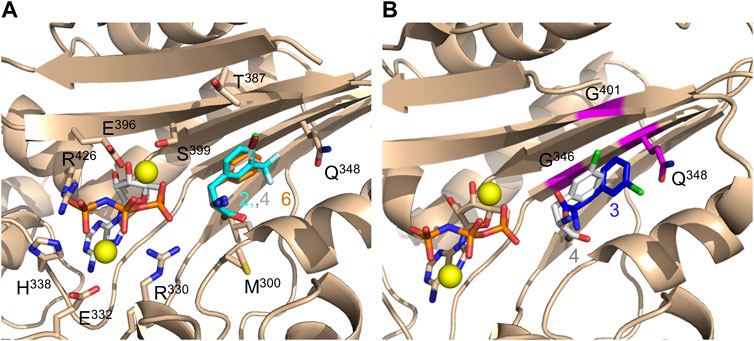
 中央研究院 生物化學研究所
中央研究院 生物化學研究所
Once thought to be non-naturally occurring, D-amino acids (DAAs) have in recent years been revealed to play a wide range of physiological roles across the tree of life, including in human systems. Synthetic biologists have since exploited DAAs’ unique biophysical properties to generate peptides and proteins with novel or enhanced functions. However, while peptides and small proteins containing DAAs can be efficiently prepared in vitro, producing large-sized heterochiral proteins poses as a major challenge mainly due to absence of pre-existing DAA translational machinery and presence of endogenous chiral discriminators. Based on our previous work demonstrating pyrrolysyl-tRNA synthetase’s (PylRS’) remarkable substrate polyspecificity, this work attempts to increase PylRS’ ability in directly charging tRNAPyl with D-phenylalanine analogs (DFAs). We here report a novel, polyspecific Methanosarcina mazei PylRS mutant, DFRS2, capable of incorporating DFAs into proteins via ribosomal synthesis in vivo. To validate its utility, in vivo translational DAA substitution were performed in superfolder green fluorescent protein and human heavy chain ferritin, successfully altering both proteins’ physiochemical properties. Furthermore, aminoacylation kinetic assays further demonstrated aminoacylation of DFAs by DFRS2 in vitro.
